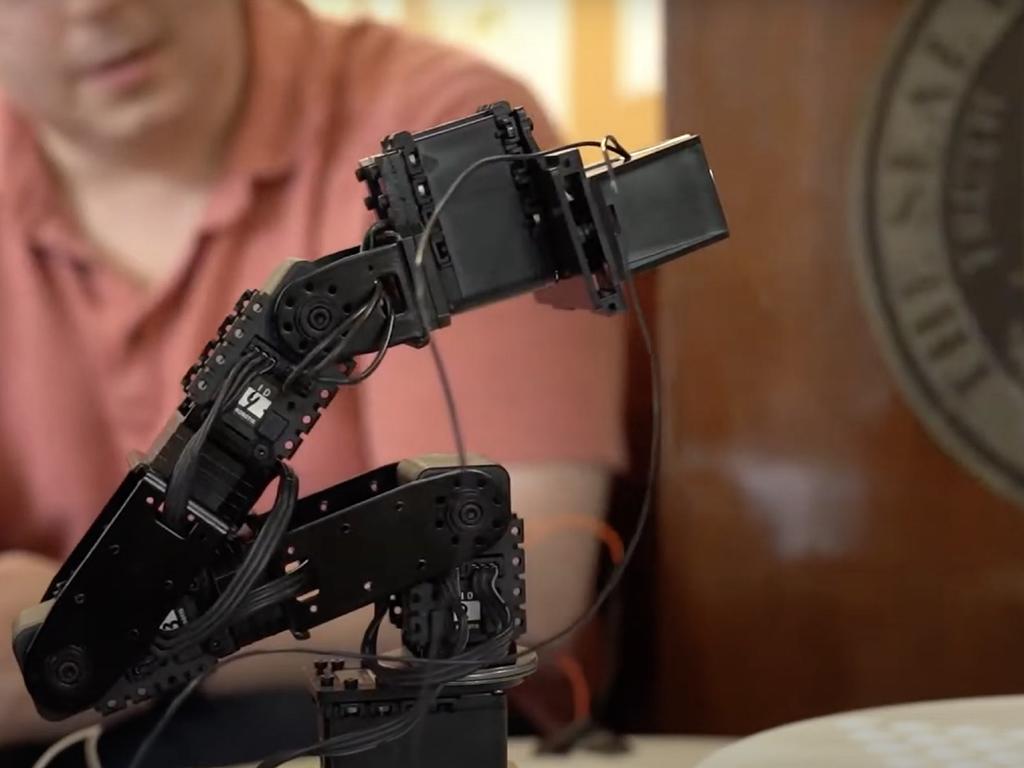Although robots have been designed to do simple repetitive tasks in the home and workplace, there is more research to be done before robots can perform more difficult autonomous tasks. That’s where some Rhodes College students come in. By conducting research funded by the National Science Foundation (NSF), they are working with Dr. Ross Sowell, assistant professor of computer science, on human-robot interaction. Each student has had work supported by a summer fellowship.
“People in general don’t really understand robots and think they can do much more than they are really capable of,” says Marisa Hudspeth ’22. “We’ve been creating apps that people can use to learn about artificial intelligence. One I’ve been working on explains how robots navigate a hallway or a maze. We also want to teach lawmakers and policymakers more about how robots work, so that they can make more effective policy.”
Osman Celikok ’22, a computer science major from Lakeland, TN, also built an app to be used in the research. “My app visualizes the field-of-views of different cameras and animates the changes in a robot’s estimate of its location to get a more accurate position.”
“A thing a lot of people don’t realize about computers is that they’re not very smart. You have to do a lot of things with them to make them work,” says Shane Elder ’21.
Elder, a computer science and math double major from Medina, TN, previously worked with Sowell to design a robot playing a strategy board game. Though Elder isn’t involved in the NSF research, he has been collaborating with Sowell and his colleagues at Oregon State University in their work for the Boeing Company. There, Elder programs computers to take images of airplane parts and look for errors so that it can be automated on an assembly line. Elder recently was accepted to a Ph.D. program at Carnegie Mellon University.
Hudspeth, a Memphis native with a double major in computer science and Greek and Roman studies, has been doing research with Sowell since her first year at Rhodes. Although she had only taken intro-level computer science courses at that point, Sowell gave her the same assignments as students who had taken more advanced-level courses. Hudspeth’s work has led her to new research opportunities, such as her acceptance this summer to the highly selective and NSF supported Distributed Research Experiences for Undergraduates program.
Celikok, who also joined the NSF research team after his first year, says that the research opportunities are one of the best things about the computer science department. “Being able to benefit from Dr. Sowell’s knowledge and experience is the greatest resource Rhodes has given me for this research.”
By Madeleine Wright ’21
